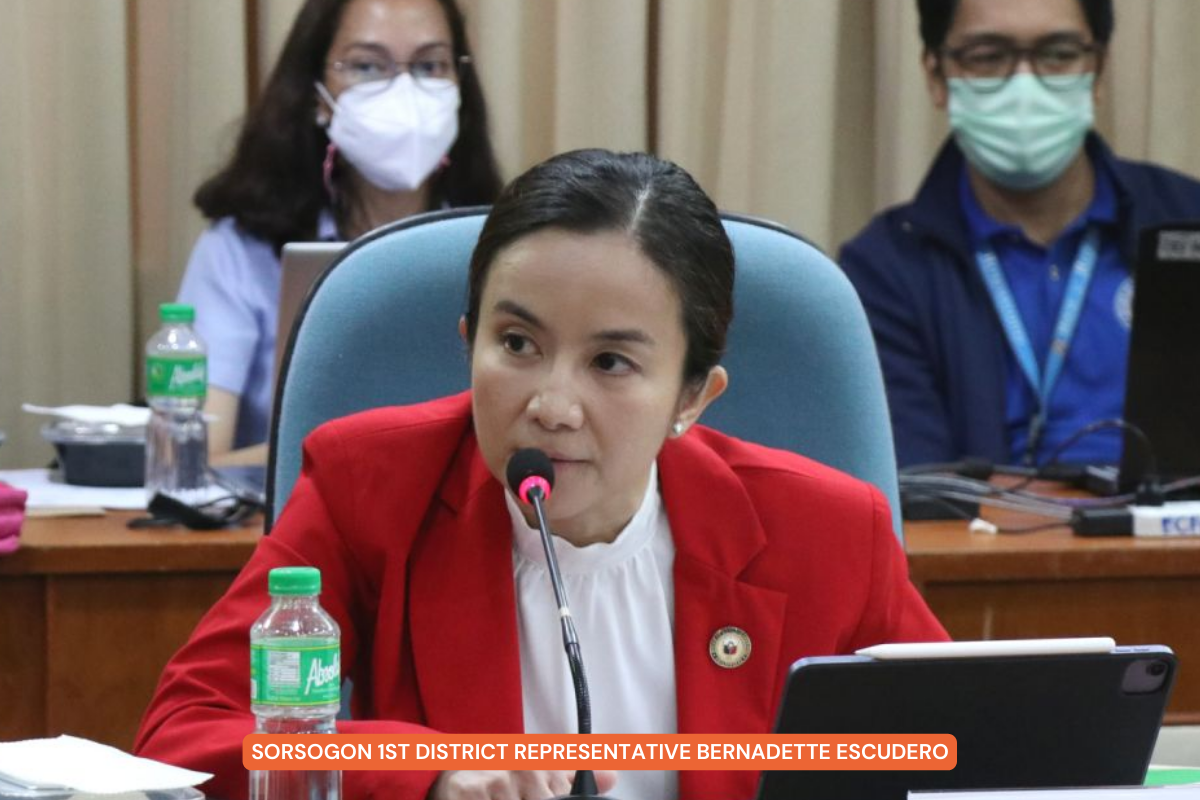SENATOR STRESSES NEED TO PRIORITIZE ANTI-STUNTING PROGRAMS IN 2025 BUDGET
SENATOR Alan Peter Cayetano has called for the prioritization of programs to address child stunting in next year’s national budget, stressing that investing in Filipino children’s health is the best return on investment.
He raised this point during the first day of plenary debates on the 2025 General Appropriations Bill in the Senate.
“The best return of investment, peso to peso, is to prevent stunting,” Cayetano emphasized.
Stunting, according to the World Health Organization, is when a child is too short for their age due to poor nutrition, repeated infections, and inadequate psychosocial stimulation.
Cayetano said stunting can negate the impact of other government projects, such as housing and livelihood, because stunted children face lifelong limitations.
“Kung y’ung bata ay stunted, gaano man kaganda ang housing project mo, livelihood projects or whatever, hindi ito makakapagbigay ng returns kasi once na stunted na, para mo nang tinigil doon [ang kanilang development] at hindi madaling i-continue ‘yon,” he said.
He said the country would also ultimately spend less if there were no stunted children, as they would grow to be more productive contributors to society.
“We’ll spend less kung zero ang stunted sa atin kasi they’ll be more productive as they grow older,” he said.
Cayetano voiced concern that the Department of Health and other agencies may not fully grasp the long-term impact of stunting, which could be why they have not allocated sufficient funding to combat it.
“If we go to the programs of all the departments, ang gaganda ng mga programa but that’s not our question. You might be hitting the target pero mali target mo,” he said.
“Aanhin natin ang P6 trillion budget kung one-third, one-fourth, or one-fifth of your population is stunted or bansot,” he added.
Finance Committee Chair Senator Grace Poe, who sponsored the budget, agreed with Cayetano.
“It’s good to have free college education, free feeding programs in public elementary schools, but I think we should also focus more now on babies, toddlers, and pregnant mothers if we are to arrest the long-term effects of stunting,” Poe said.
She observed that the budget for anti-stunting programs is too low compared to many other programs for children.
“P17.1 billion para sa feeding program, P1.8 billion para sa First 1000 Days. Ang binabayad natin sa tertiary education nasa P56 billion. Pero hindi aabot ang marami sa kanila doon kung hindi sila naalagaan habang bata pa,” she said.
Cayetano urged lawmakers and relevant departments to start designing programs that ensure nutrition for children from prenatal stages up to five years old, so these can be included in the 2025 national budget.
“The good news is, it (stunting) is concentrated in some areas [in the country] so we can actually have interventions in those areas,” he said, suggesting to prioritize the building of health centers in barangays with high stunting rates.
He also proposed that anti-stunting criteria be added by the Department of Budget and Management when evaluating agency budgets for their programs.
“Maybe for the 2027 budget, we can have that as an additional criteria ng DBM on specific projects like 4Ps, MAIP, and AICS,” he said.














